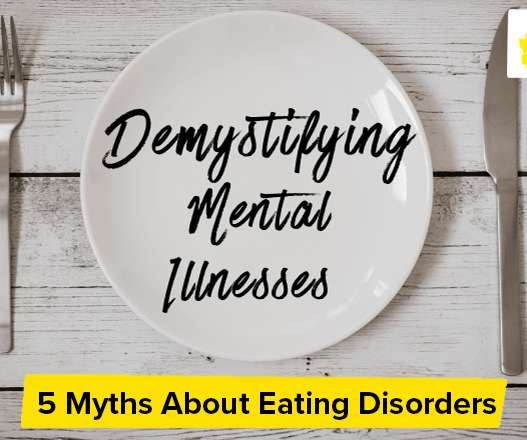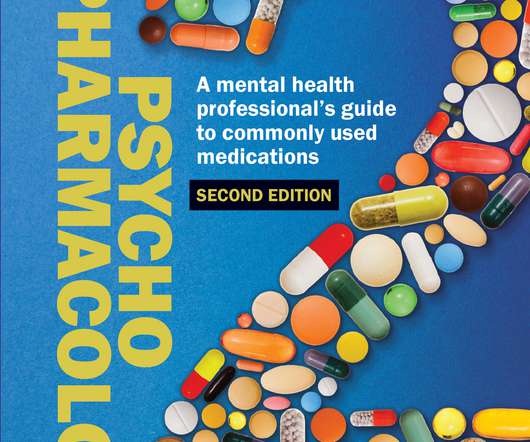5 Myths About Eating Disorders
MQ Mental Health
MARCH 2, 2022
An eating disorder is when a person has an unhealthy relationship with food, which can take over their life and make them ill. Although the number of people affected by an eating disorder rises each year, there are still misconceptions that can harm those affected and slow early interventions.



















Let's personalize your content